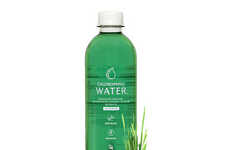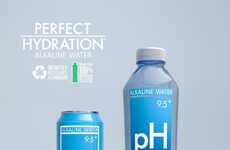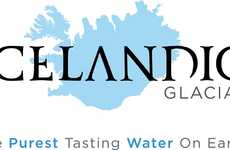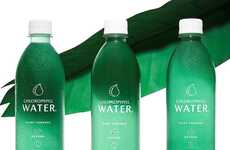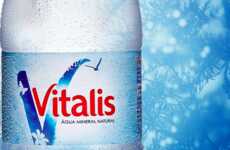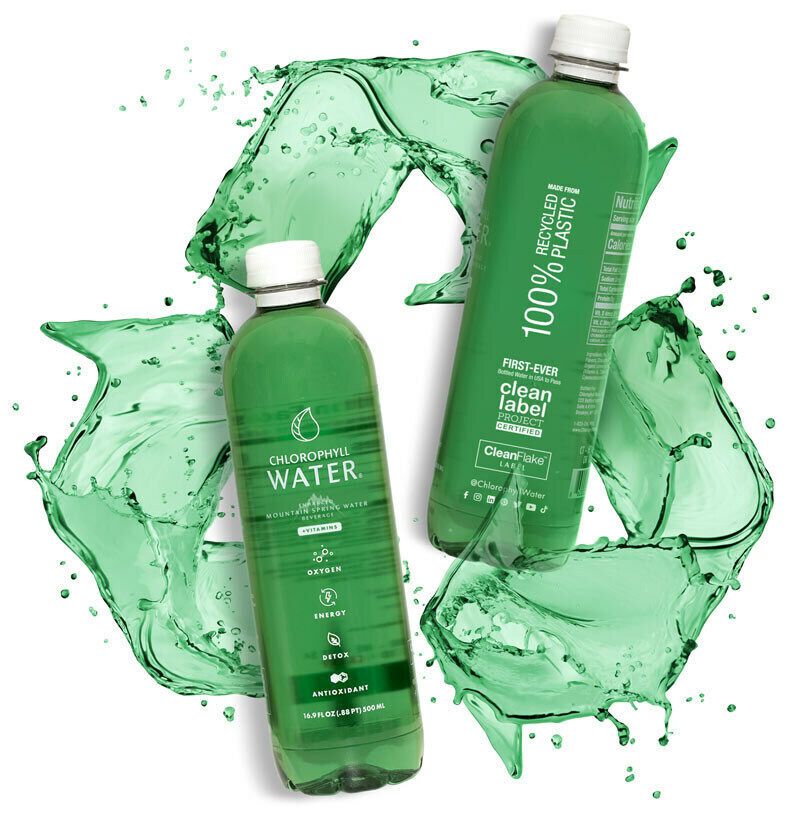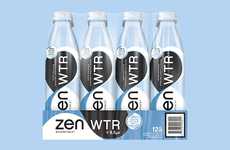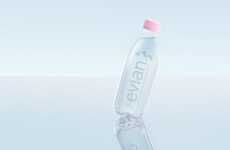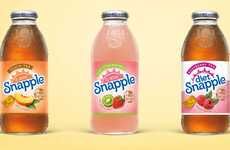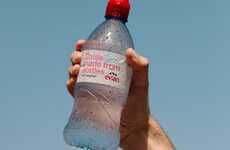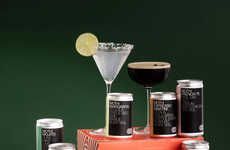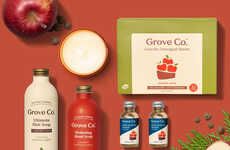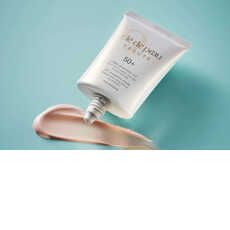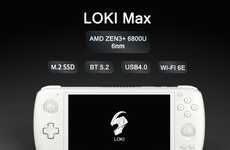
Chlorophyll Water Launched 100% rPET Bottles
Laura McQuarrie — October 31, 2023 — Eco
References: packaging-gateway
Chlorophyll Water is making the shift to 100% rPET bottles made from food-grade recycled polyethylene terephthalate. These bottles made from 100% recycled plastic with Avery Dennison's CleanFlake technology help to improve the yield of high-quality, food-grade PET in the recycling process. CleanFlake water-based adhesive technology was implemented to make sure that Chlorophyll Water's labels cleanly separate during the recycling process with no adhesive residue remaining on the plastic.
This packaging helps to reduce CO2 emissions and plastic waste, all the while delivering a quality product to consumers that's carbon-filtered using triple filtration, UV-treated for purity and ready to share refreshment that's fortified with vitamins for added hydration.
Recently, Chlorophyll Water became the first bottled water in the United States to pass and receive the honor of Clean Label Project Certification.
This packaging helps to reduce CO2 emissions and plastic waste, all the while delivering a quality product to consumers that's carbon-filtered using triple filtration, UV-treated for purity and ready to share refreshment that's fortified with vitamins for added hydration.
Recently, Chlorophyll Water became the first bottled water in the United States to pass and receive the honor of Clean Label Project Certification.
Trend Themes
1. Recycled Plastic Bottles - Using 100% rPET bottles made from food-grade recycled polyethylene terephthalate presents a disruptive innovation opportunity for companies looking to reduce their carbon footprint and promote sustainability.
2. Cleanflake Technology - Implementing Avery Dennison's CleanFlake technology to produce labels that cleanly separate during the recycling process offers a disruptive innovation opportunity for brands seeking to ensure their packaging materials can be effectively recycled.
3. Clean Label Certification - Achieving Clean Label Project Certification can be a disruptive innovation opportunity for companies in the bottled water industry, as it demonstrates commitment to transparency and meeting stringent quality standards.
Industry Implications
1. Bottled Water - The bottled water industry can explore the use of 100% rPET bottles made from recycled plastic as a disruptive innovation opportunity to reduce waste and address consumer demand for sustainable packaging.
2. Packaging - The packaging industry can benefit from adopting CleanFlake technology to develop labels that can be easily separated from plastic during the recycling process, opening up opportunities for improved recycling and waste reduction.
3. Food and Beverage - Achieving Clean Label Project Certification presents a disruptive innovation opportunity for companies in the food and beverage industry to build trust with consumers by providing transparent information about the ingredients and processes used in their products.
6.3
Score
Popularity
Activity
Freshness

